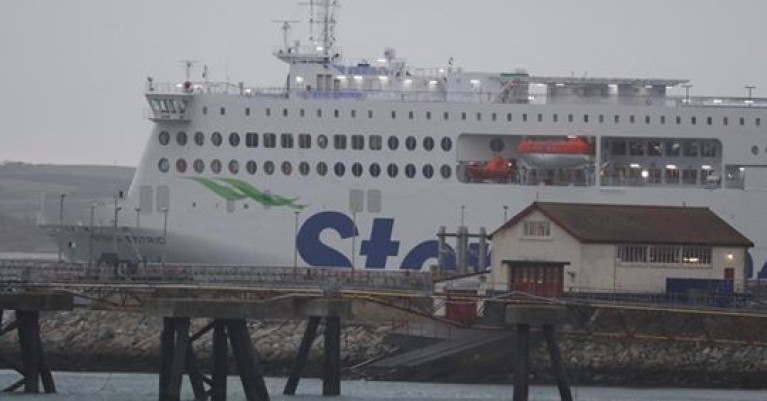Displaying items by tag: Stena Crew
Seafarers: Stena Line See Pay Offer Withdrawn After Union Took 'Too Long Deliberating'
Operator Stena Line and the Rail, Maritime & Transport Workers (RMT) union have engaged in a war of words after the ferry giant withdrew its previous pay offer due to the coronavirus crisis.
The ferry firm had offered staff a 2.1% increase - which was accepted by port workers but not the crew who work on the vessels sailing on UK routes, including between Holyhead and Dublin.
But Stena said it withdrew the offer on Friday while RMT said it sent its acceptance letter to the offer on Monday.
The RMT said Stena had told them it was partly their fault, as they took "too long deliberating" - comments the union described as "ridiculous".
More the story from NorthWalesLive here.
























































